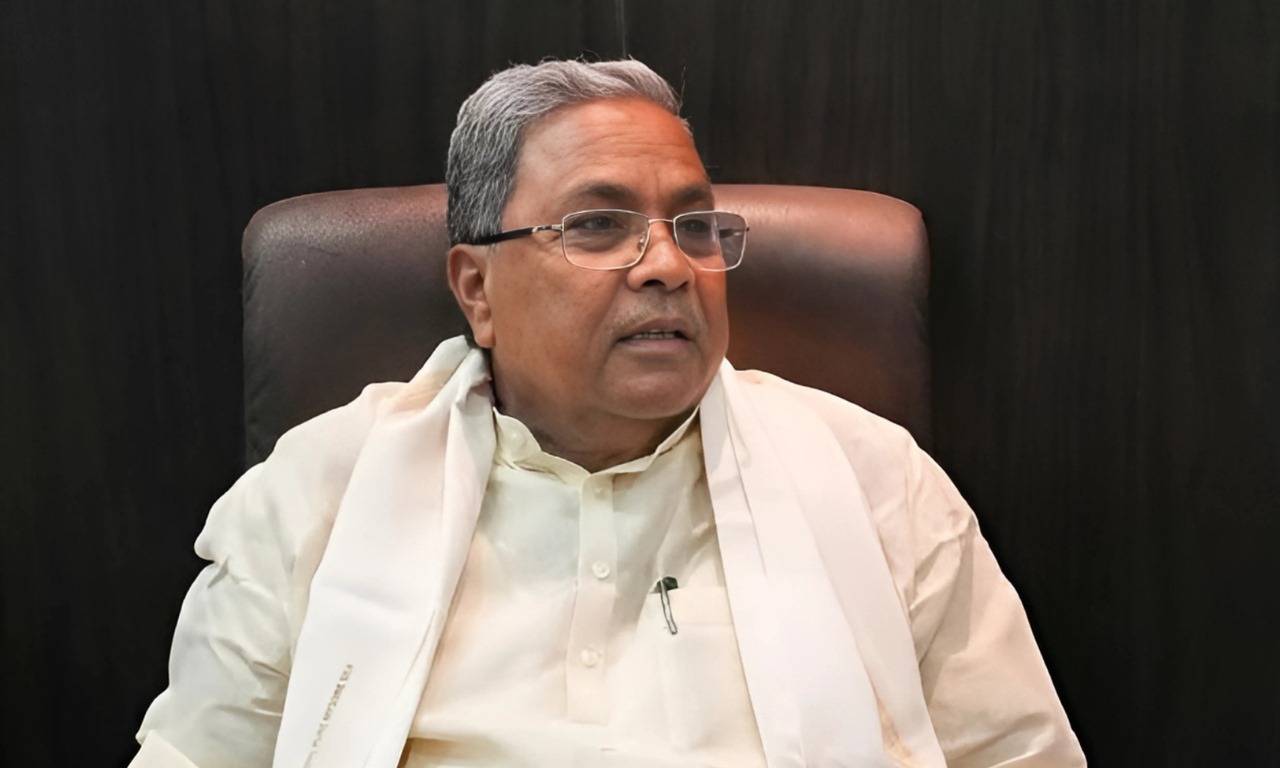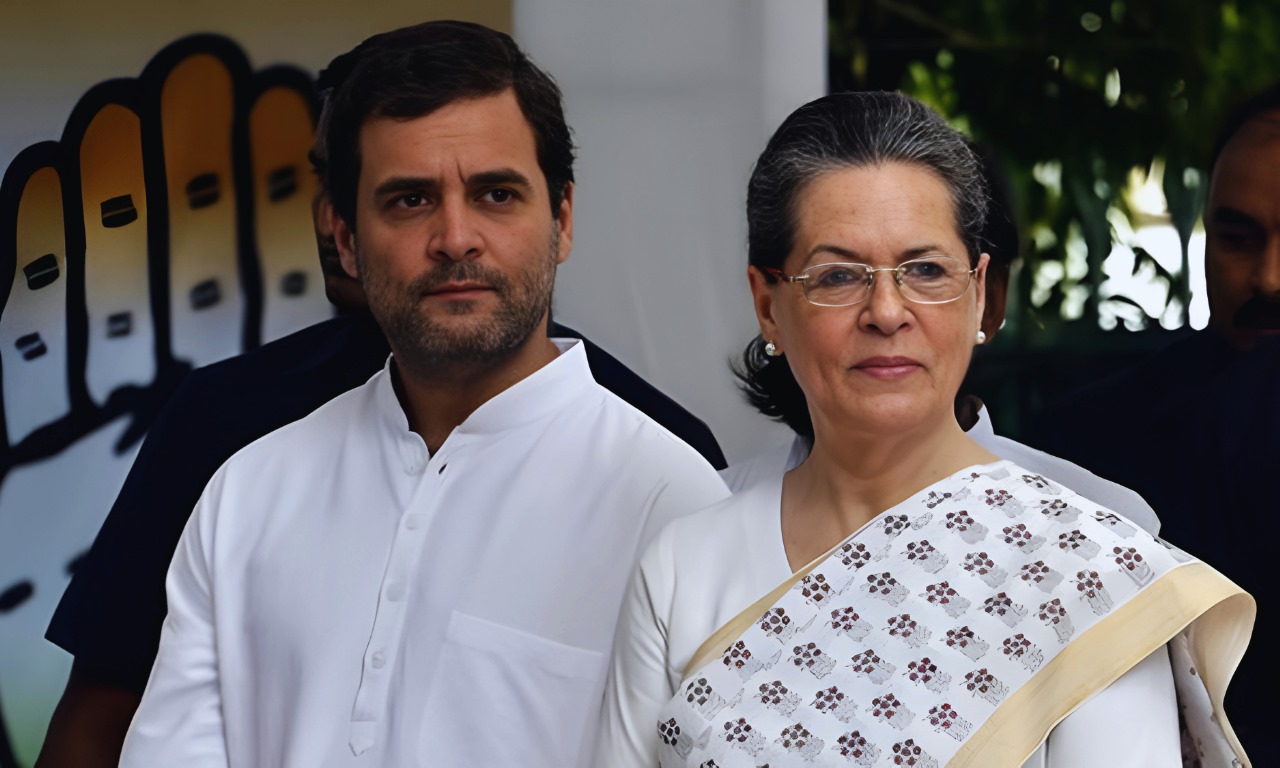FSSAI Orders Compulsory Testing Of Spice Brands Across India After Overseas Ban

The Food Safety and Standards Authority of India (FSSAI) has recently ordered a comprehensive testing of spices from all brands across the nation. This decision comes in the wake of safety concerns raised by the suspension of sales of certain spice blends from two leading brands, MDH and Everest, by Singapore and Hong Kong. The primary reason for the suspension was the presence of elevated levels of ethylene oxide (ETO), a pesticide deemed unsuitable for human consumption and linked to long-term cancer risks. Moreover, recent reports suggesting that the Food Safety and Standards Authority of India (FSSAI) allows high levels of pesticide residues in spices and herbs have sparked concerns. In response, the Indian government has clarified its stance on pesticide residue standards in food items.
FSSAI’s Role and Mandate in Regulating Pesticide Residues
FSSAI plays a crucial role in ensuring food safety standards in India. It regulates the quality and safety of food products, including spices, sold in the domestic market. However, it does not directly regulate the quality of exported spices. The mandate of FSSAI includes setting maximum residue limits (MRLs) for pesticides in various food commodities based on risk assessment data.
FSSAI’s Directive: Thorough Inspections and Testing
The regulatory body, FSSAI, has directed its officials to conduct thorough inspections, sampling, and testing across all spice manufacturing facilities. There is a particular emphasis on those producing curry powders and mixed spice blends. This directive aims to ensure that spices meet the required safety standards and are free from harmful contaminants, especially ETO. State governments have also been instructed to conduct spice testing to guarantee the quality and safety of spices available in the market. Additionally, the FSSAI intends to initiate surveillance on other food products such as fortified rice and dairy products to maintain overall food safety standards.
Maximum Residue Limits (MRLs) and Risk Assessment
The Union Health Ministry clarified that India has stringent standards for Maximum Residue Limits (MRLs) in the world. These limits vary for different food products based on risk assessment. The process involves examining scientific data received through the Central Insecticide Board and Registration Committee (CIB & RC) and determining MRLs accordingly. Factors such as dietary consumption patterns and health concerns across different age groups are considered in setting MRLs.
Comparison with Codex Alimentarius Commission Standards
The statement highlighted the alignment of FSSAI’s standards with international benchmarks, particularly those set by the Codex Alimentarius Commission, a global food safety standard-setting body. It compared MRLs for various pesticides used in spices and herbs between FSSAI and Codex standards, showcasing the dynamic nature of MRLs and their revisions based on scientific data.
Impact on Spice Manufacturers and Exporters
The directive from FSSAI has significant implications for spice manufacturers and exporters. It underscores the importance of adhering to stringent quality control measures and ensuring that products meet regulatory standards not only for domestic consumption but also for export markets. The suspension of sales of spice blends by leading brands like MDH and Everest in international markets highlights the critical need for thorough testing and compliance with food safety regulations.
India’s Spices Board Mandate for ETO Testing
In a parallel development, India’s Spices Board has mandated ETO testing for all spices exported to Hong Kong and Singapore. This mandate comes into effect from May 6, ensuring that all spice consignments, including ready-to-eat (RTE) products, destined for these markets are accompanied by a cleared analytical report for ETO issued by the Spices Board. This measure aims to reassure export markets of the safety and quality of Indian spices and spice products.
Challenges and Responses from Spice Brands
The recent suspensions and recalls of spice blends by MDH and Everest due to safety concerns have prompted responses from the companies. MDH has asserted that it does not use ETO at any stage of its spice storage, processing, or packaging, refuting the allegations of contamination. Everest, likewise, has stated that all its products undergo rigorous quality control examinations and denied claims of being banned in Singapore and Hong Kong, clarifying that the directives were for product recall and temporary hold pending further inspection.









